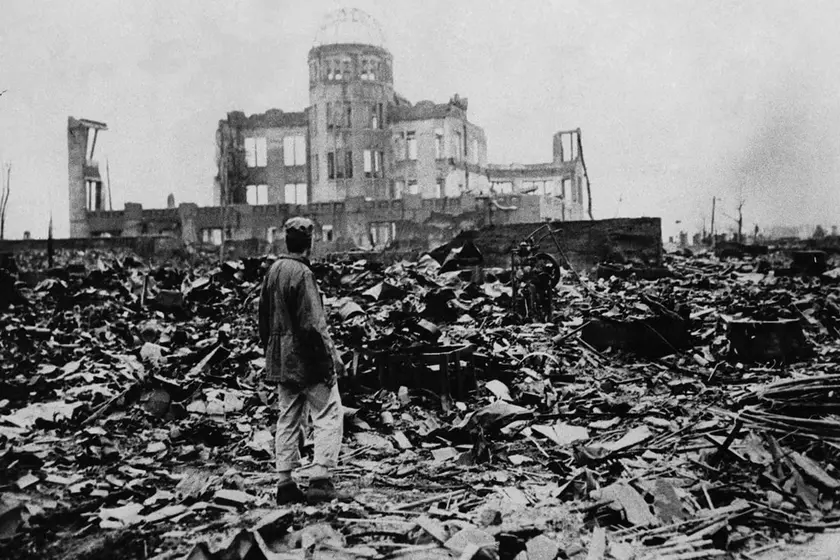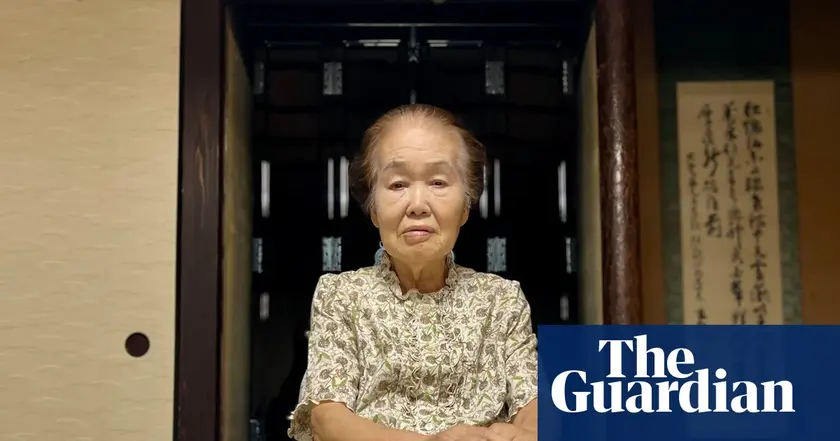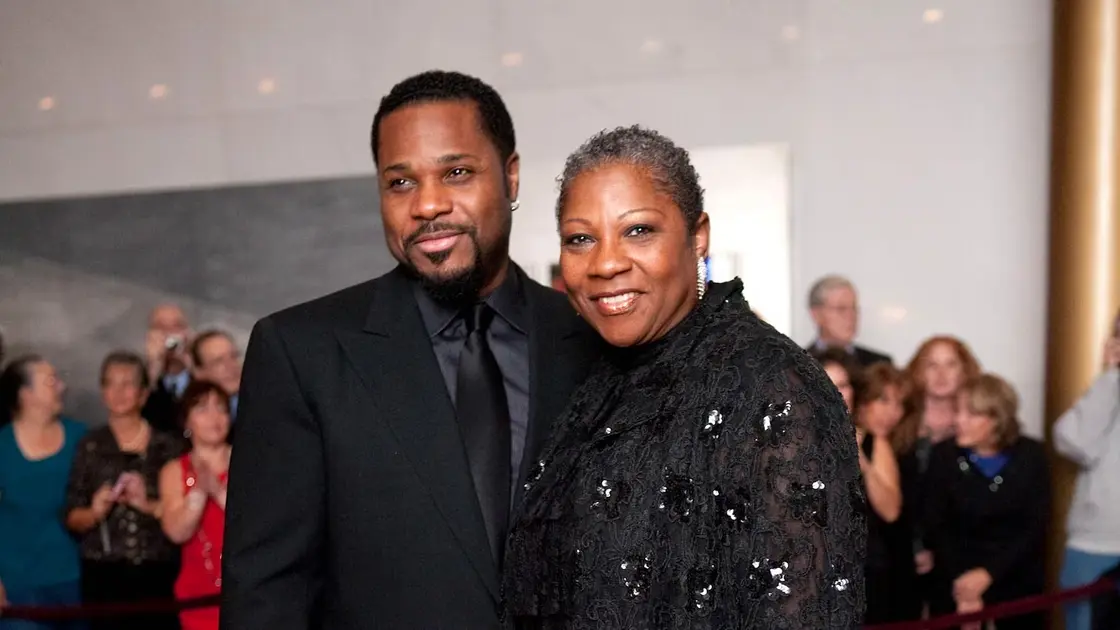T4K3.news
Remembering the legacy of John Hersey's Hiroshima
As we mark 80 years since the bombing, the lessons of nuclear warfare remain vital.

On the 80th anniversary of the Hiroshima bombing, we reflect on John Hersey's impactful reporting.
Journalist John Hersey revealed the truth about Hiroshima
John Hersey's landmark article on Hiroshima, published in The New Yorker in 1946, unveiled the hidden horrors of the atomic bombing. Although initial reports captured the immediate devastation, it was Hersey's extensive investigation that exposed the long-term human suffering caused by nuclear warfare. The United States government, concerned about a narrative shift, imposed restrictions on reporting about the event, limiting journalists' access and information. By focusing on six survivors' harrowing accounts, Hersey transformed statistics and military rhetoric into personal stories, making the horror of Hiroshima relatable and unforgettable. His work helped forge a lasting awareness of the nuclear threat, contributing to what is now called a nuclear taboo, while concerns about modern nuclear proliferation echo today's global landscape.
Key Takeaways
"These are human beings."
This emphasizes the personal stories captured in Hersey's report, making the tragedy relatable.
"The memory of Hiroshima’s devastation helped fortify government reluctance to use nukes again."
This reveals the long-term impact of Hersey's work on nuclear policies.
"He had transformed unfathomable horror into unmissable, compulsive reading."
This quote highlights the power of Hersey's storytelling in conveying the impact of nuclear warfare.
"Hiroshima is a warning that resonates with every generation."
This reflects how relevant Hersey's message remains in contemporary discussions of nuclear arms.
Hersey's writing remains a critical reminder of the atomic age's moral implications. His vivid storytelling not only educated the public about the consequences of nuclear weapons but also highlighted the need for accountability in military actions. As tensions rise again among nuclear powers, the lessons from Hiroshima are increasingly relevant. The public's fading memory of these events could endanger future generations, emphasizing the importance of keeping such narratives alive. The resurgence in interest, exemplified by popular media like the film Oppenheimer, indicates a potential awakening among younger audiences to the issues of nuclear armament and war.
Highlights
- Hersey's words transformed horror into a lasting narrative.
- The past holds lessons we cannot afford to forget.
- As survivors pass, so do critical connections to history.
- The nuclear threat is not just historical; it remains urgent.
Risk of Nuclear Proliferation and Awareness Erosion
The current geopolitical landscape shows an alarming trend toward nuclear armament, raising concerns about forgetting the lessons of Hiroshima. With dwindling survivor testimonies and public interest, there is a risk of losing critical awareness of the stakes involved in nuclear warfare.
Hersey's insights remind us of the vital lessons of using nuclear weapons responsibly.
Enjoyed this? Let your friends know!
Related News

Art Reflects on 80 Years Since Hiroshima

Funeral notices reveal cherished lives in Devon

Hiroshima marks 80 years since the atomic bombing

New analysis published

Memorial page launches for Malcolm-Jamal Warner

Jazz singer Cleo Laine passes away

Hiroshima marks 80 years since atomic bombing

Black wrestling fans reflect on Hulk Hogan's legacy
